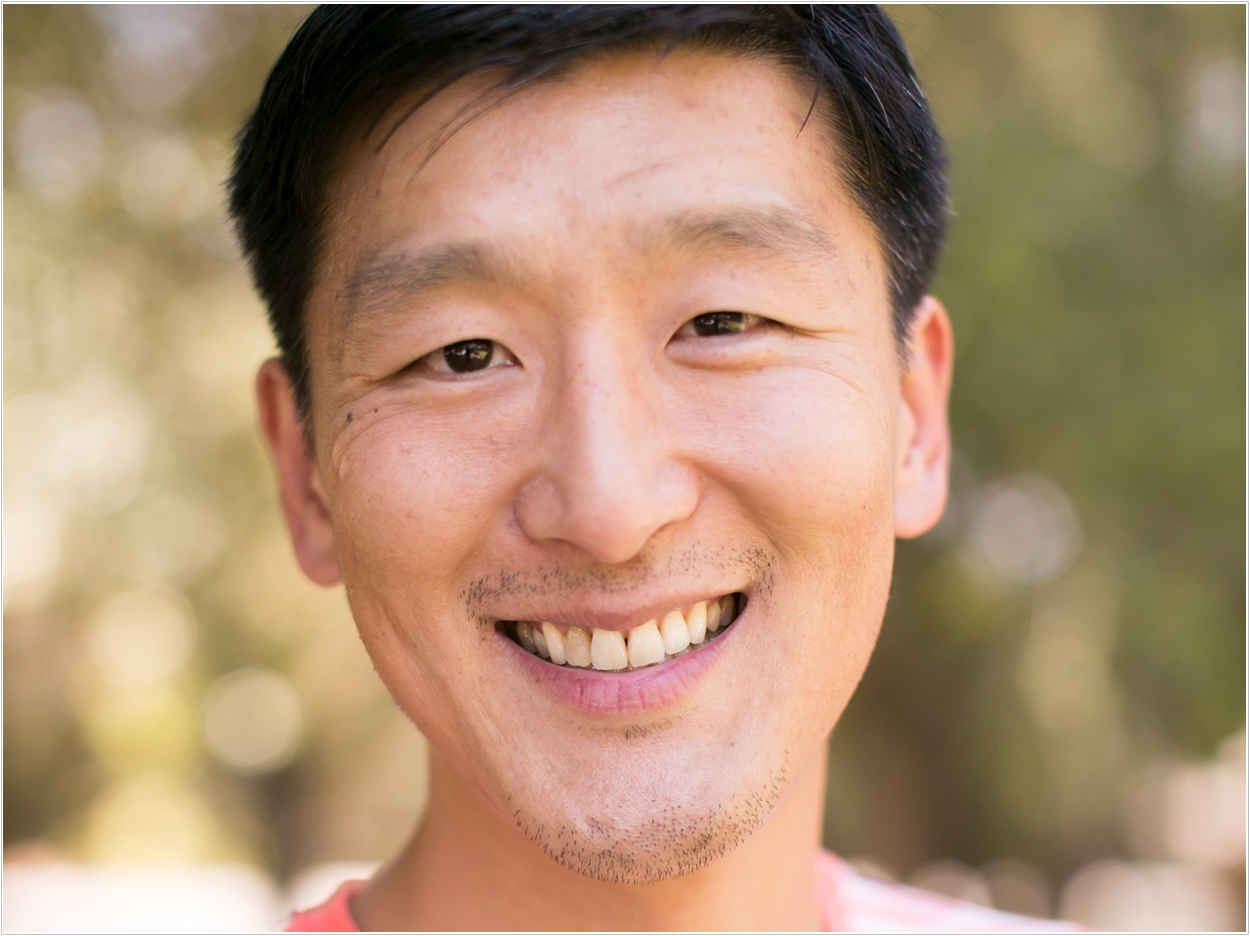
The American Academy of Pediatric Dentistry (AAPD) has named Donald Chi, DDS, PhD, associate professor of oral health sciences at the University of Washington (UW) School of Dentistry and adjunct member of the faculty at the UW School of Public Health, its Pediatric Dentist of the Year. The award will be officially presented at AAPD’s annual meetings in May.
“It’s such an honor, and I feel humbled for the recognition,” Chi said. “I have been incredibly lucky to have had the opportunity to contribute to pediatric dentistry.”
The award honors pediatric dentists who have made significant contributions to the profession and the specialty of pediatric dentistry through clinical practice, academics, or policy over the previous year. Recipients also have devoted extensive volunteer leadership to the profession and to their specialty.
“I served as the inaugural chair of the AAPD’s Evidence-Based Dentistry Committee, which was responsible for overseeing the process of converting best practice documents into evidence-based clinical practice guidelines,” Chi said. “Multiple documents have already been converted and accepted by the US National Guideline Clearinghouse, which is really exciting news.”
Chi’s recent research includes the first long-term study of dental health aide therapist (DHAT) utilization, which he based on data collected from 2006 to 2015 in Alaska’s Yukon Kuskokwim Delta. His study found that greater access to DHAT services resulted in more use of preventive services and fewer extractions. Plus, fewer children with more access required extractions of their four front teeth.
Also called midlevel providers, DHATs have been employed in New Zealand and other countries for nearly a century. They receive basic dental training, but unlike dental hygienists, they can perform irreversible procedures such as extractions and fillings. DHATs were first deployed in the Yukon Kuskokwim Delta in 2006. They are recruited from local communities and work under the supervision of licensed dentists. Chi’s work exploring their utilization continues.
“We are currently conducting interviews with six Alaska Native communities to gather narratives from people about their experiences with dental health aide therapists,” Chi said. “The goal is to use this research to help improve the program in Alaska and provide information for other communities interested in exploring dental health aide therapists as a potential strategy to improve access to dental care.”
Chi has published more than 100 manuscripts, abstracts, and book chapters. His research interests include access to dental care services, Alaska Native pediatric oral health disparities, the oral health of low-income children with special healthcare needs, and the relationship between medical and dental care utilization. He is the chair of the AAPD Council on Scientific Affairs, which ensures AAPD activities are informed by the best available science, as well.
Related Articles
Interprofessional Training to Focus on Pediatric Care
Hair Biomarkers Determine Caries Risk from Added Sugar Intake
Pediatric Dental Care Requires New Policies to Improve












